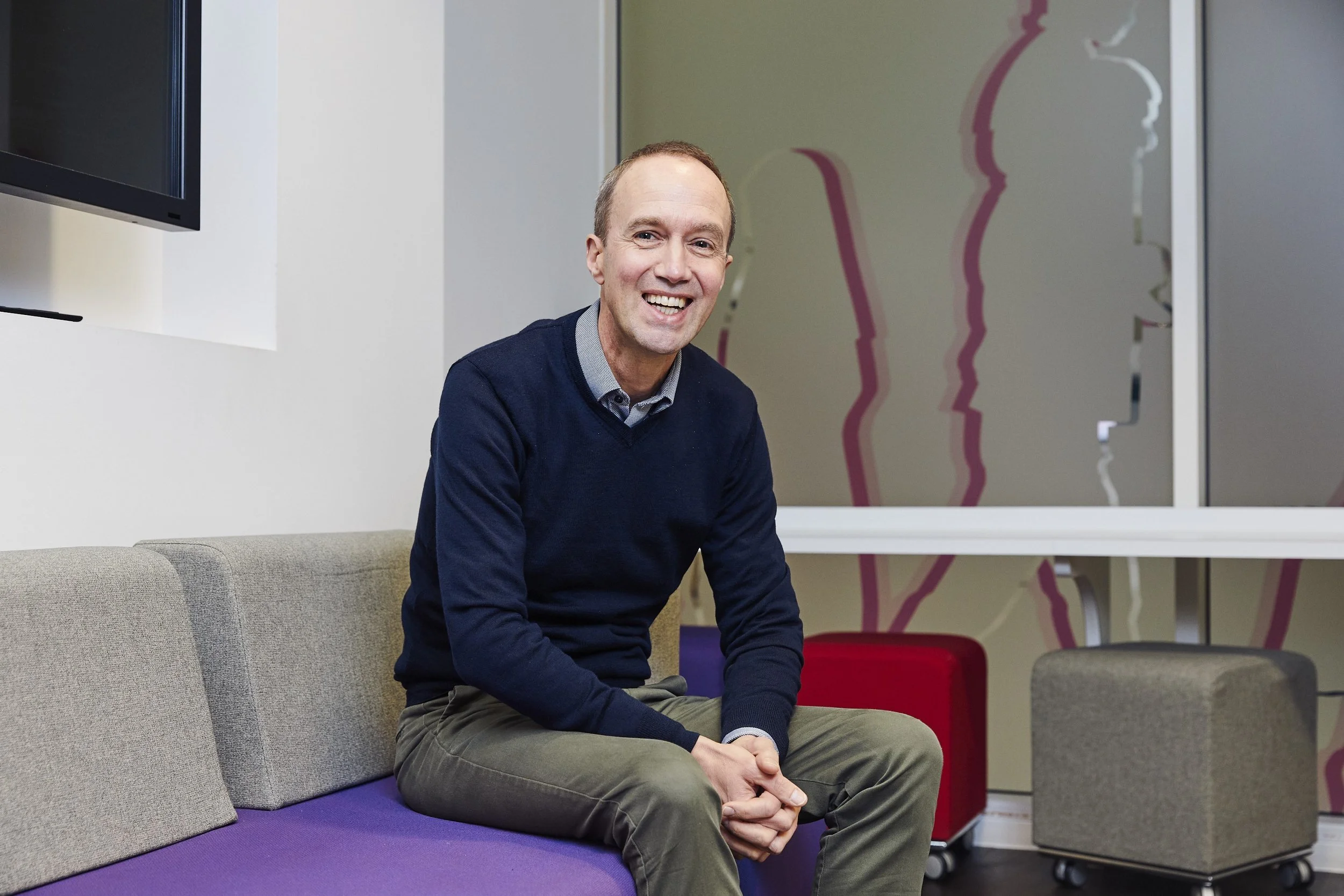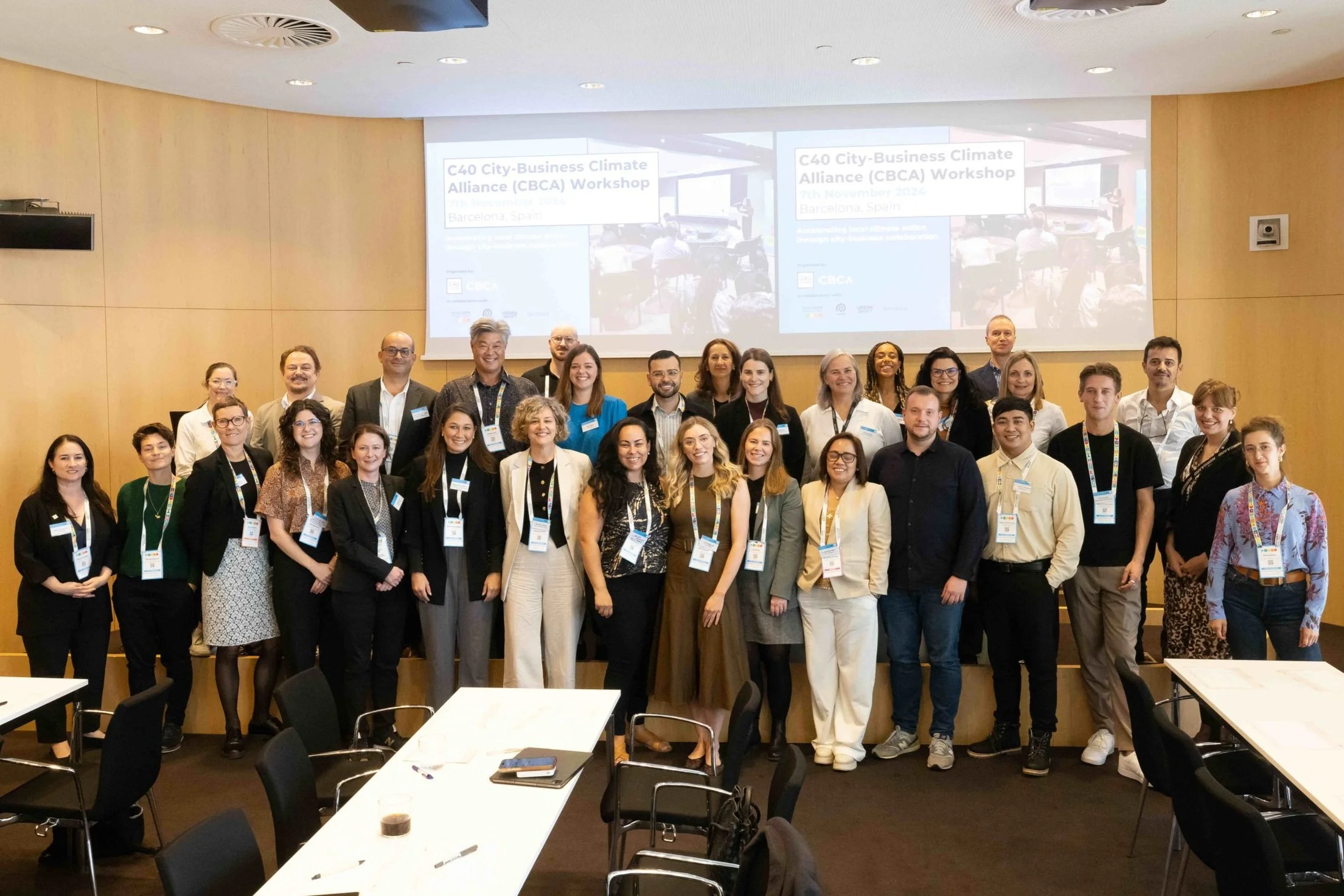Finding a fair way to a net zero future
Oh Yes! Net Zero featured in the Yorkshire Post on Wednesday 6th November, to discuss the campaign being showcased to a global audience at the Smart City Expo in Barcelona.
Buenos Aires, Lisbon, Montreal, Oslo … Hull. What do these cities have in common?
Hull shared a global stage with all of those cities, and many more, at a major international conference.
A key focus of the Smart City Expo, taking place in Barcelona, was the biggest issue facing cities everywhere – the threat to our planet posed by climate change.
Although cities cover less than two per cent of the Earth’s surface, they account for more than three quarters of global carbon emissions.
That means tackling the climate crisis is, quite simply, impossible without city action.
Smart City Expo, attended by 25,000 delegates from 850 cities across the world, was the perfect stage on which to showcase a campaign in Hull which is not only helping businesses reduce their carbon footprint, but enabling a fair transition to net zero.
Net zero is baked into UK law, and the Climate Change Act commits the UK Government to reducing greenhouse gas emissions by 100 per cent by 2050.
That transition must be fair to businesses, people and cities. We must reach net zero at the same as protecting jobs, re-skilling workforces and driving sustainable, clean growth.
Peter Edwards is Global Public Policy and Stakeholder Management Director at Reckitt.
Oh Yes! Net Zero is a prime example of what is known as a City-Business Climate Alliance. That’s a city-based collaboration of businesses working with local government and academia to achieve a mutual goal. In this case, that goal is net zero.
The campaign has four Founding Partners – world-leading health, hygiene and nutrition company Reckitt, Hull City Council, the University of Hull and place marketing agency Future Humber.
We now have more than 150 active members, including seven of Hull’s 10 largest businesses. The vast majority of members, however, are small companies. That’s where the fair transition comes in.
To break it right down, it doesn’t matter whether you’re a manufacturer, a law firm, or a restaurant; every business has a carbon footprint, and every business must reduce it.
For large businesses, that carbon footprint will likely be very substantial. Their supply chain may span hundreds of organisations, making the task of measuring and reducing carbon challenging.
But what about small businesses, many of which employ just a handful of people? For these micro-businesses, setting off on the road to net zero can be a hugely daunting prospect.
Around 80 per cent of our members are SMEs. To help them get started, we run a series of carbon clinics, where businesses work together to share their net zero experiences – the good and the bad!
Oh Yes! Net Zero joined C40 Cities in Barcelona at the Smart City Expo.
We also facilitate one-to-one clinics, where an organisation will work closely with a business in its supply chain to help them create a carbon reduction plan.
We know once a business has a plan in place, carbon reduction will follow.
A key focus for us is keeping net zero real – whether that’s for businesses, or through our work with local schools and colleges to empower young people to take climate action.
Our Climate Changemakers programme has worked with schools across Hull to educate students on the impact of climate change and, more importantly, to listen to their own experiences and feelings.
Climate anxiety among young people is very real. We have seen that first-hand. That’s why initiatives such as Oh Yes! Net Zero matter. It’s about getting out there into communities, nurturing ideas and innovations, and putting them into practice.
We talk a lot about a fair transition to net zero. But what does that really mean?
The way I see it, it doesn’t matter whether you’re a large business or a small one. As a society, we need to offer every business the support they need to reduce their carbon footprint.
Taking Hull as a model, a recent study conducted by small business lender iwoca found the city’s SME population surged by more than 10 per cent between 2019 and 2023.
Steven Hill, Project Manager at Oh Yes! Net Zero, speaking in Barcelona.
There are an estimated 6,600 small businesses in Hull, employing as many as 130,000 people.
That means supporting these businesses, and helping them reduce their carbon footprint, is critical to safeguarding jobs and driving clean growth.
There are, of course, many challenges – the big ones being time and cost. Small businesses often operate on a day-by-day basis and find it extremely difficult to find the hours in the day, or the budget, to make strategic long-term carbon reduction decisions.
That’s why the free support and expert advice we offer to these members is so critical.
Our presence at Smart City Expo was, in part, the result of a successful partnership we have forged with C40 Cities – an alliance of nearly 100 world-leading cities united to confront climate change.
By working with businesses, as we are in Hull, cities can accelerate climate solutions and meet complex urban needs. We truly believe that, when cities and businesses join forces, powerful change happens.
Oh Yes! Net Zero is accelerating the decarbonisation of our city and region, while putting Hull on the map as an exemplar of what can be achieved when public and private sectors come together.
Hull is saying ‘Oh Yes!’ to net zero. Now we’re sharing our story with the world.
Peter Edwards is Global Public Policy and Stakeholder Management Director at Reckitt, one of the Founding Partners of the Oh Yes! Net Zero campaign




